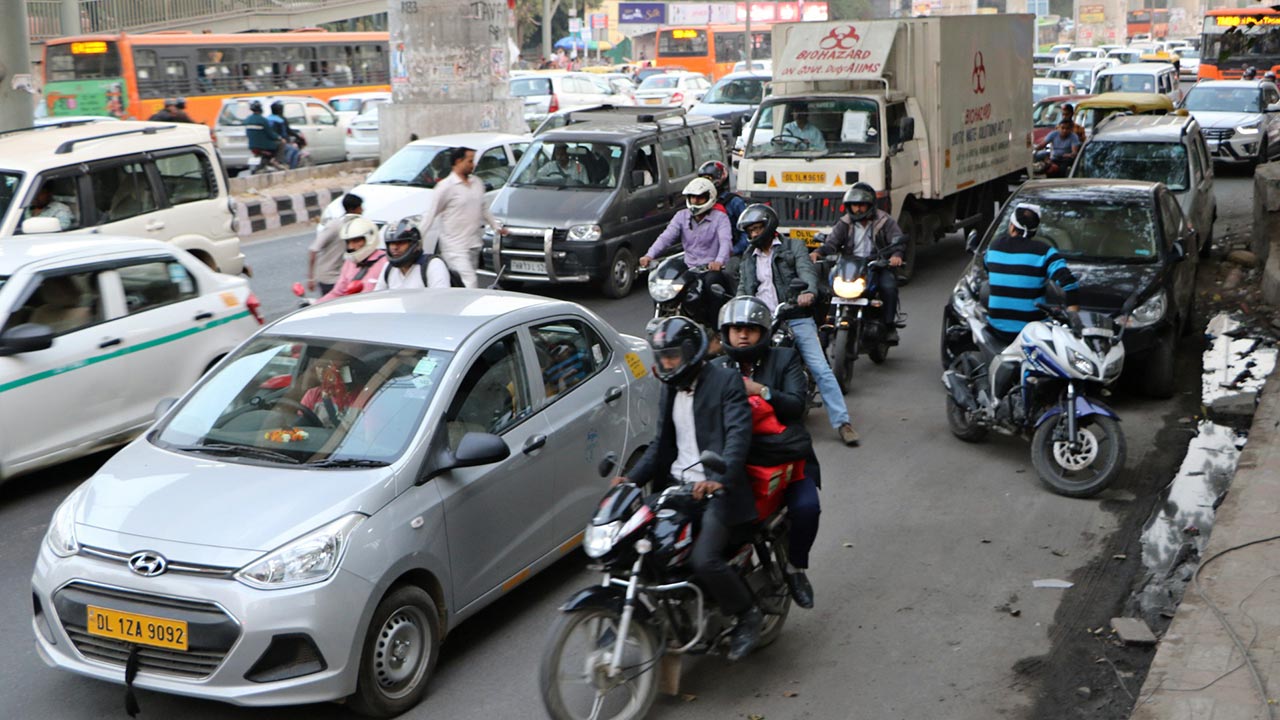The report, compiled by a committee headed by former Indian Oil Secretary Tarun Kapoor, also suggests phasing out motorcycles, scooters, and three-wheelers with internal combustion engines by 2035. The shift away from gasoline and diesel in India's transport sector would reduce global crude demand. However, the nation's transition to electric vehicles is lagging behind others such as China. Diesel and gasoline accounted for just over half of India's total oil consumption during the year ended March 31, according to government data. From 2024 onwards, all new registrations for city-delivery vehicles should be electric, according to the report titled "The Green Shift."
The panel made other suggestions including a target for 25% of households to use electricity in cooking by 2030, which would help cut reliance on imported liquefied petroleum gas, and to promote the use of sustainable aviation fuel. Since the industrial and power sectors are a key source of India's emissions, renewable generation, electrification of heating, and energy efficiency are seen as key pathways to a green transition. However, the nation has an abundance of coal and it may not be possible to discontinue its use totally for the next 15 to 20 years, according to the report.
The committee head Kapoor is an advisor to Prime Minister Narendra Modi. An oil ministry spokesman did not immediately comment on the next step following the release of the report and its recommendations. This move, if implemented, will help improve air quality in the country and reduce carbon emissions. The ban on diesel vehicles is a positive step towards achieving India's climate goals and transitioning to a greener future.
Source: Bloomberg

